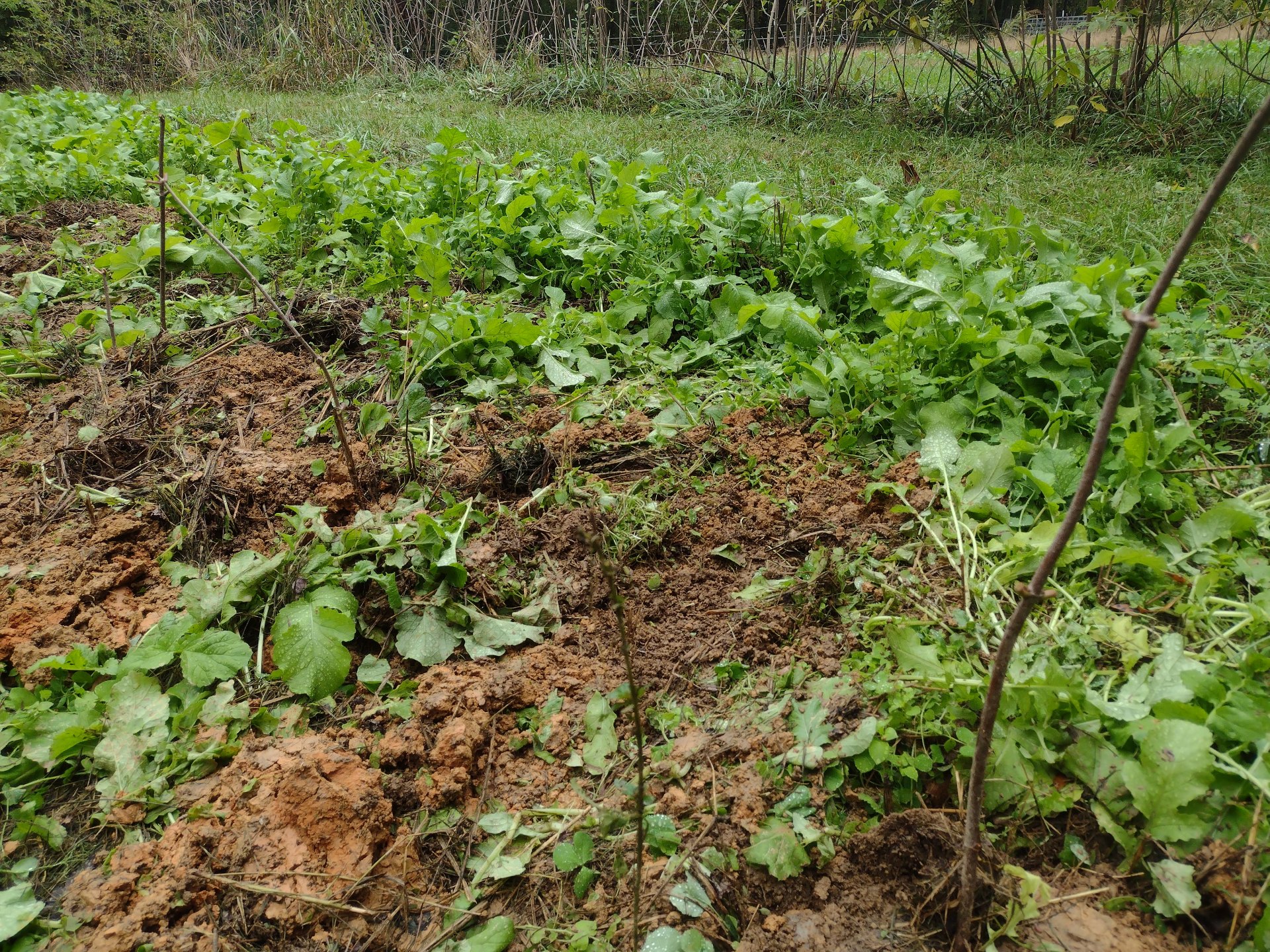
It is always wonderful when we get the opportunity to teach a skill from the farm. We had a great time and tried our best to answer some really thoughtful questions.
How We Plant Elderberries
Step 1 – Cuttings
We start off by trimming away branches from the elderberry plant that either:
– get in the way of the lawnmower by sticking out in the grass row
– grow inward and won’t receive enough light because of the vertical branches
Keep in mind that you can very aggressively prune elderberries so there isn’t a wrong approach
Each cutting should have at least 4 nodes. A node is the joint where roots (underground) or branches (above ground) will grow from. 2 nodes to plant under the ground and 2 nodes above the ground. The distance between the bottom nodes determines how deep you have to plant the cutting, so keep that mind when you select cuttings to plant.
The cutting should be at least the size of a pencil. Larger cuttings are ok, but the distance between the nodes will increase and the hole for planting will need to increase as well. The length of the cutting can be anywhere from 2 to 4 feet long. Longer cuttings are nice because they are easier to see as the grass around them grows and you are less likely to mow them over in the spring. This is the voice of experience speaking.
You also want to wait until the plant is no longer actively growing to make your cuttings.
Step 2 – Preparation
Dig a hole for each plant or use a piece of rebar and a hammer to form a hole that you can drop the woody cutting into. We place the holes 2 feet part. The distance between the holes i driven by how dense you want the elderberry plants as they grow. We’ve seen suggestions that varied from 2 to 6 feet between plants. We’ve had good success planting potted elderberries at 6 feet apart. Since we are planting cuttings this time, we are reducing the distance to 2 feet.
Step 3 – Companion Plants
One of our goals for the perennials on the farm it to do companion planting and create guilds. This is very much a permaculture principle. This year we are experimenting with planting comfrey at the same time as the elderberries. The planting pattern is:
– elderberry
– 2 foot spacing
– elderberry
– 1 foot spacing
– comfrey
– 1 foot spacing
– repeat
We have also sewn the following cover crop on either side of the elderberry row:
– winter peas
– daikon
– clover
We’ll terminate the cover crop later. The cover crop will help prepare the root bed for the elderberries. We’ll continue to see clover as a companion crop. The comfrey should spread over time and fill in and around the elderberry and also suppress weeds and grass around the elderberries.
We planted comfrey cuttings from Perma Pastures Farm https://permapasturesfarm.com/ . They have a wonderful Youtube channel and provide great customer service. We highly recommend them.
Step 4 – Planting
We used a shovel, rebar and hammer to plant the elderberries and comfrey, careful to insert the elderberry deep enough to have 2 nodes below grade. The comfrey root cutting needs to be placed in a horizontal orientation approximated 1 inch deep. Make sure everything is covered over.
The ground was wet and it was raining while we were planting so there wasn’t a big need to water the plantings.
Step 5 – Wait
The cover crop will grow this fall, but we don’t expect to see much activity from the elderberries or comfrey until spring.
Goij Berries
We ended the day by picking our fill of goji berries. Those berries are in the dehydrator now.
Elderberry Cuttings
We have elderberry cuttings available now if you want to start your own elderberry plants. Contact us here to order. The cuttings are seasonal and available from approximately October through early March.
Check back with us
We plan to post pictures in spring to show the progress. Joining our mailing list is a great way to keep in touch and follow along
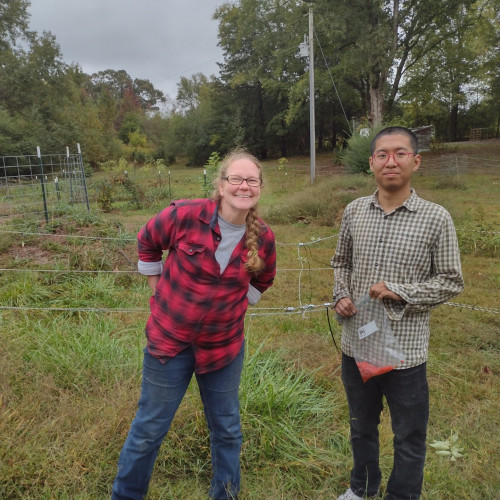
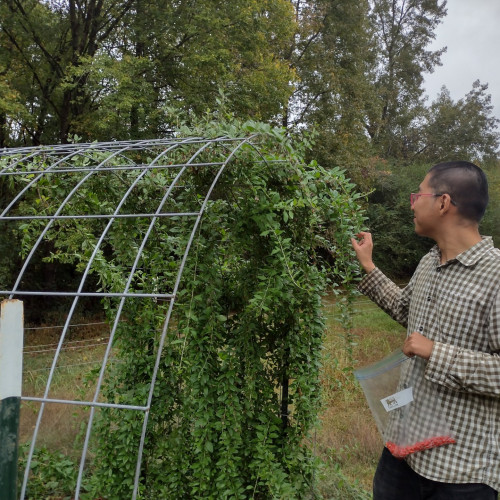
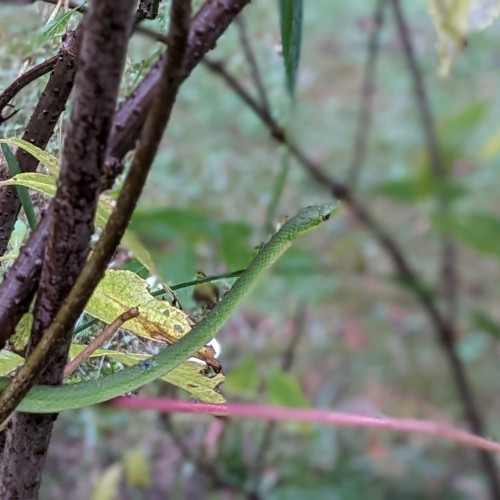
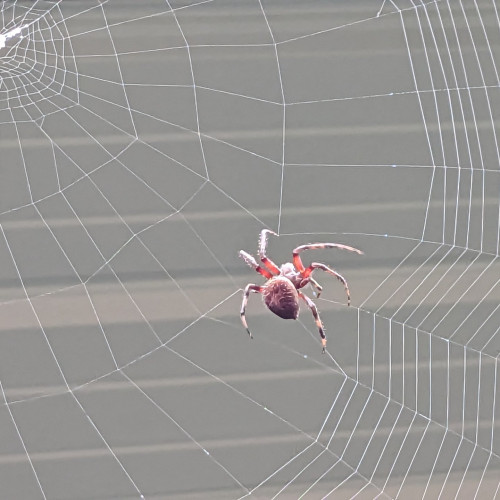
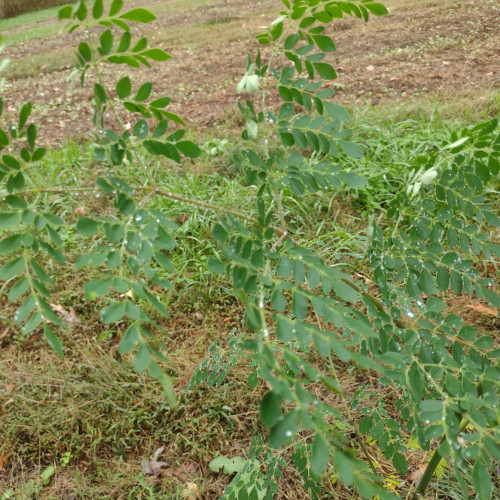
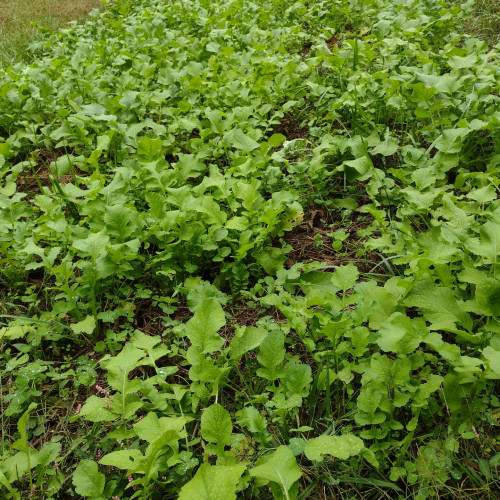
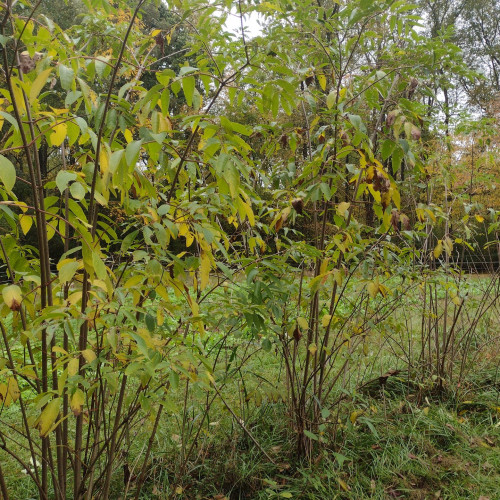
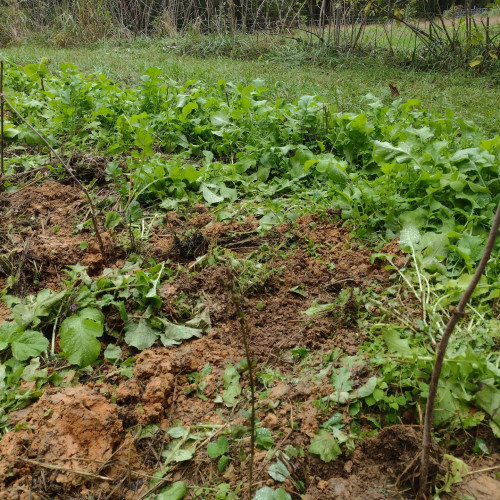
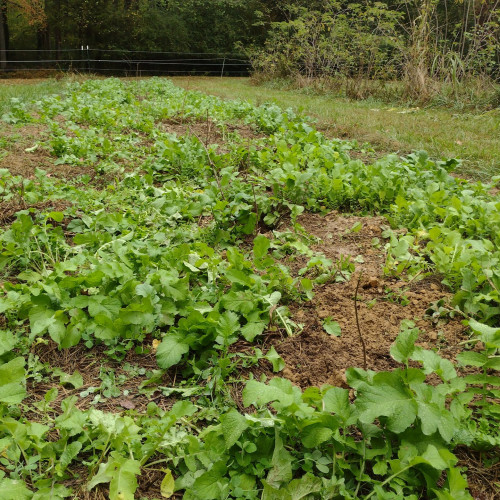
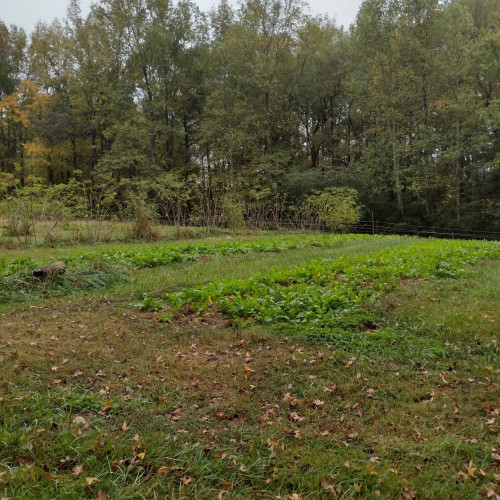
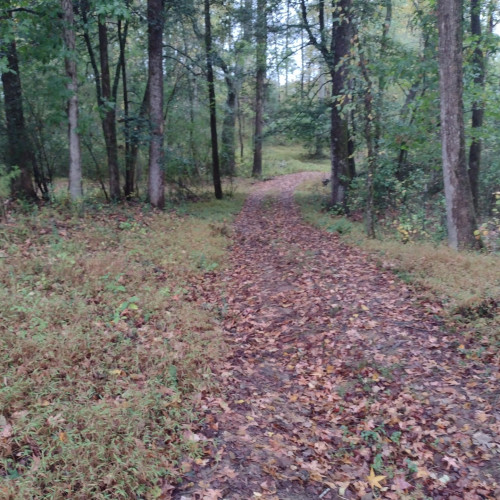
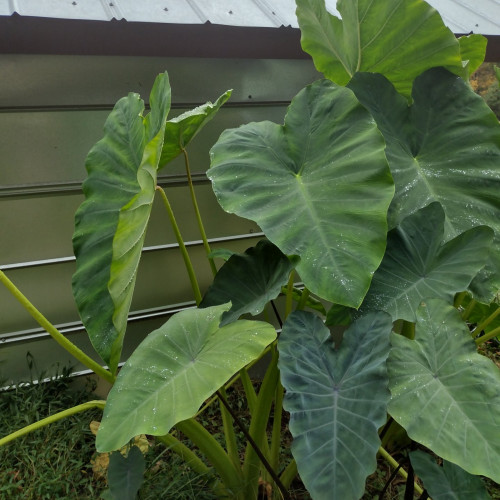
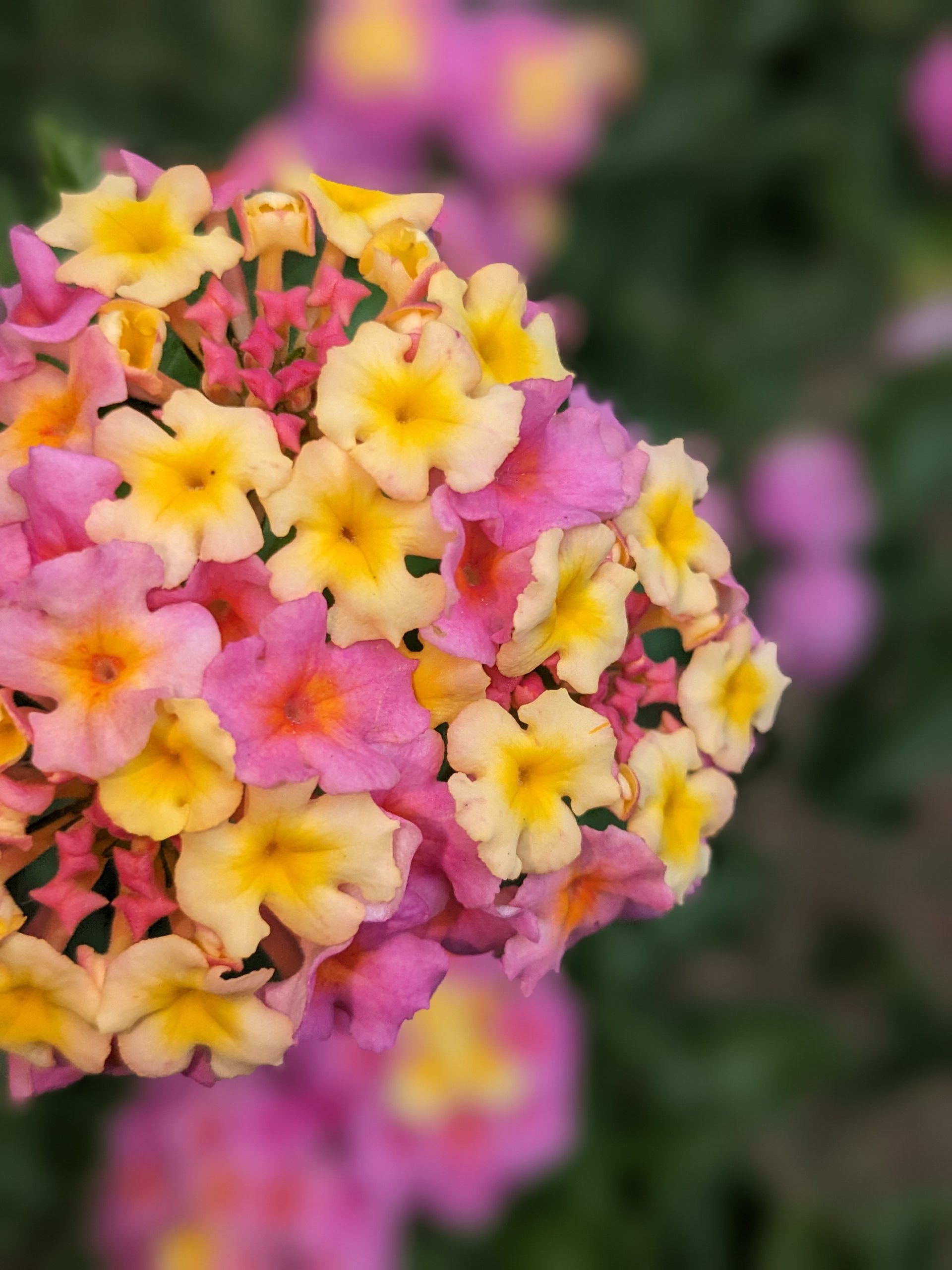
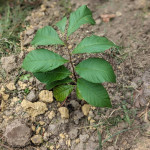
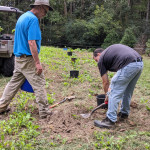
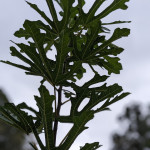
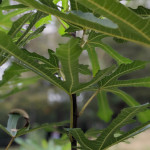
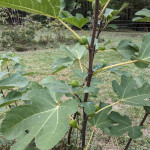
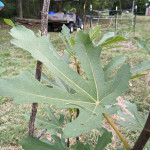
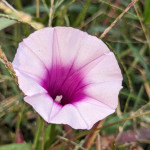
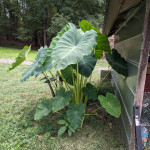
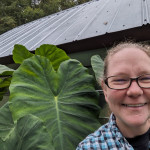
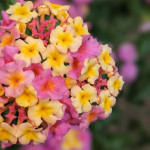
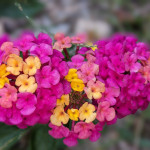
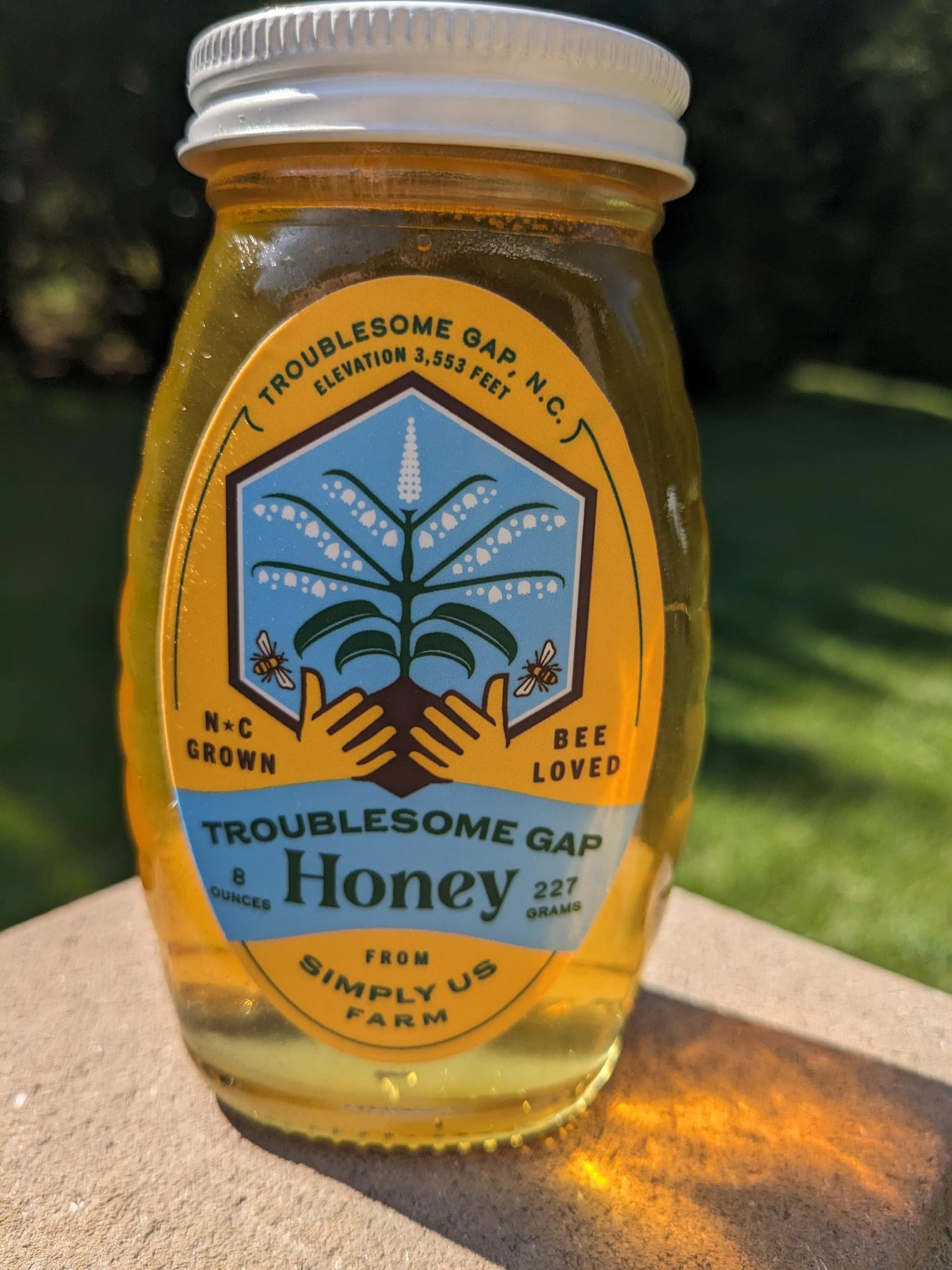
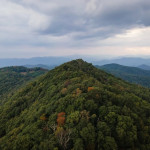
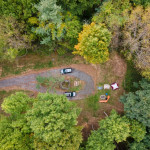
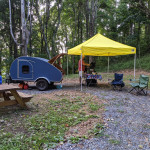
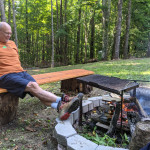
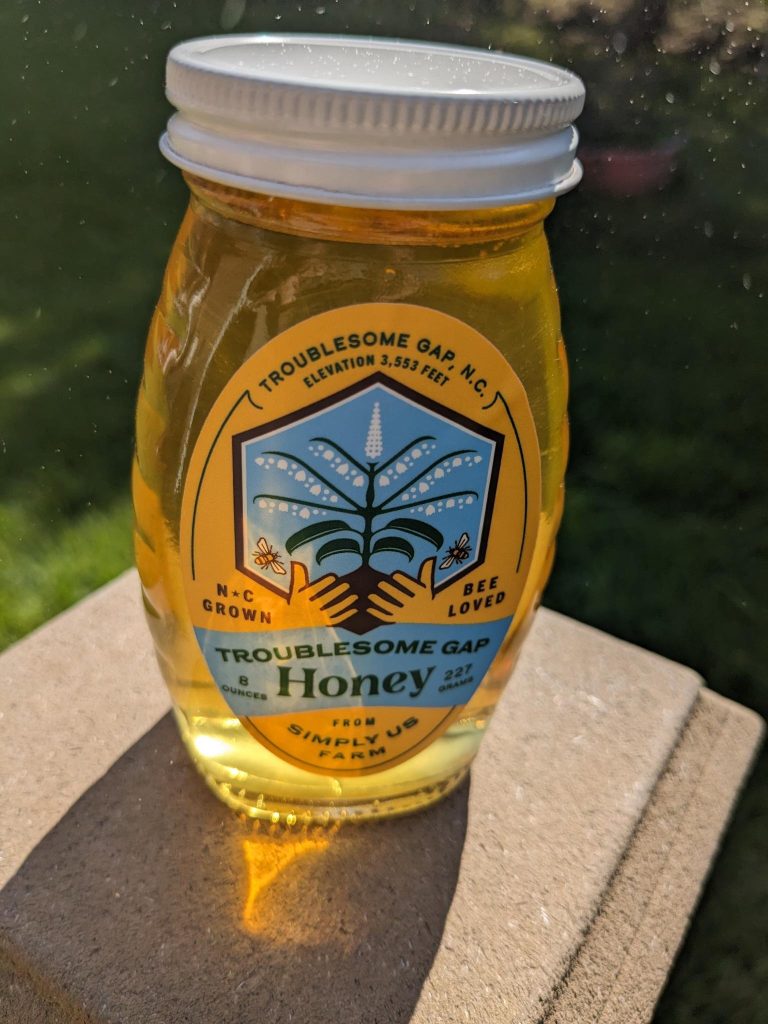
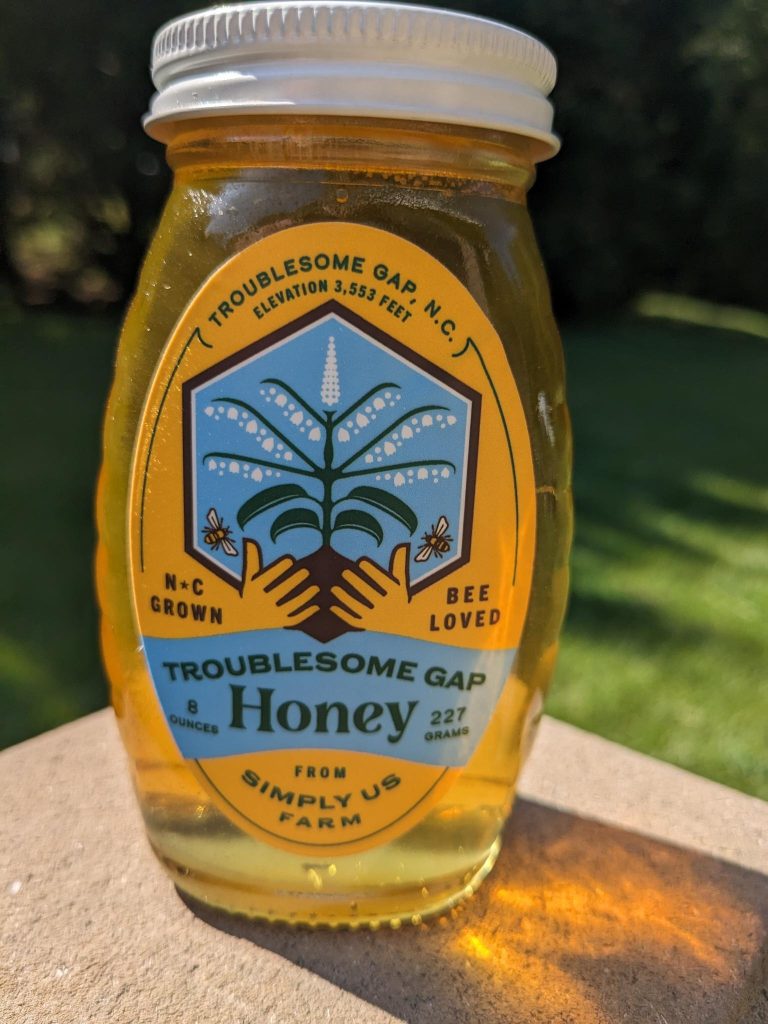
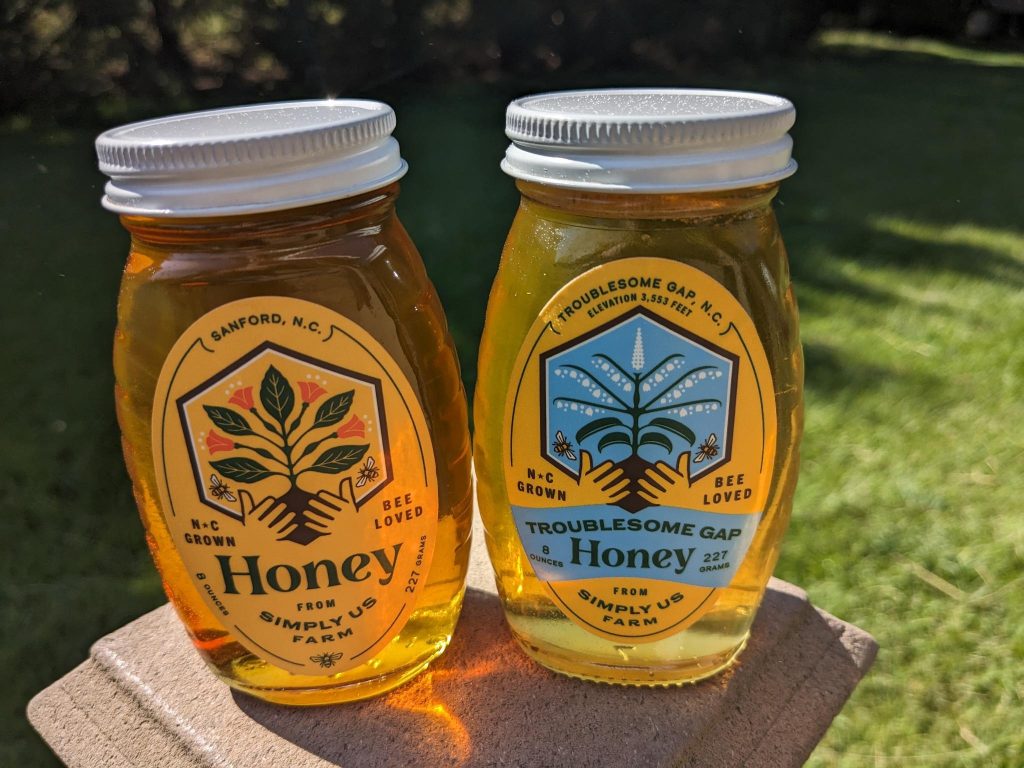
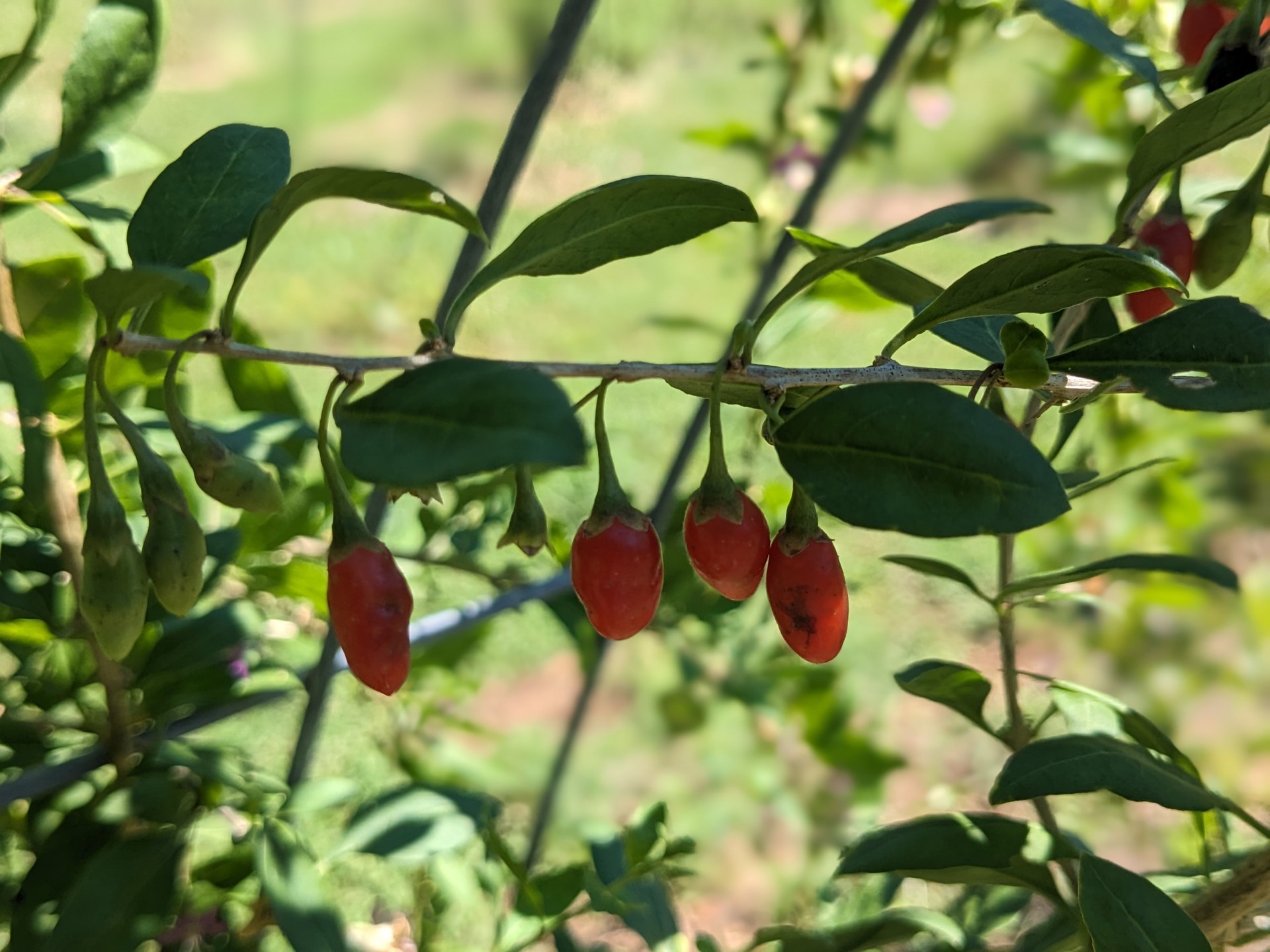






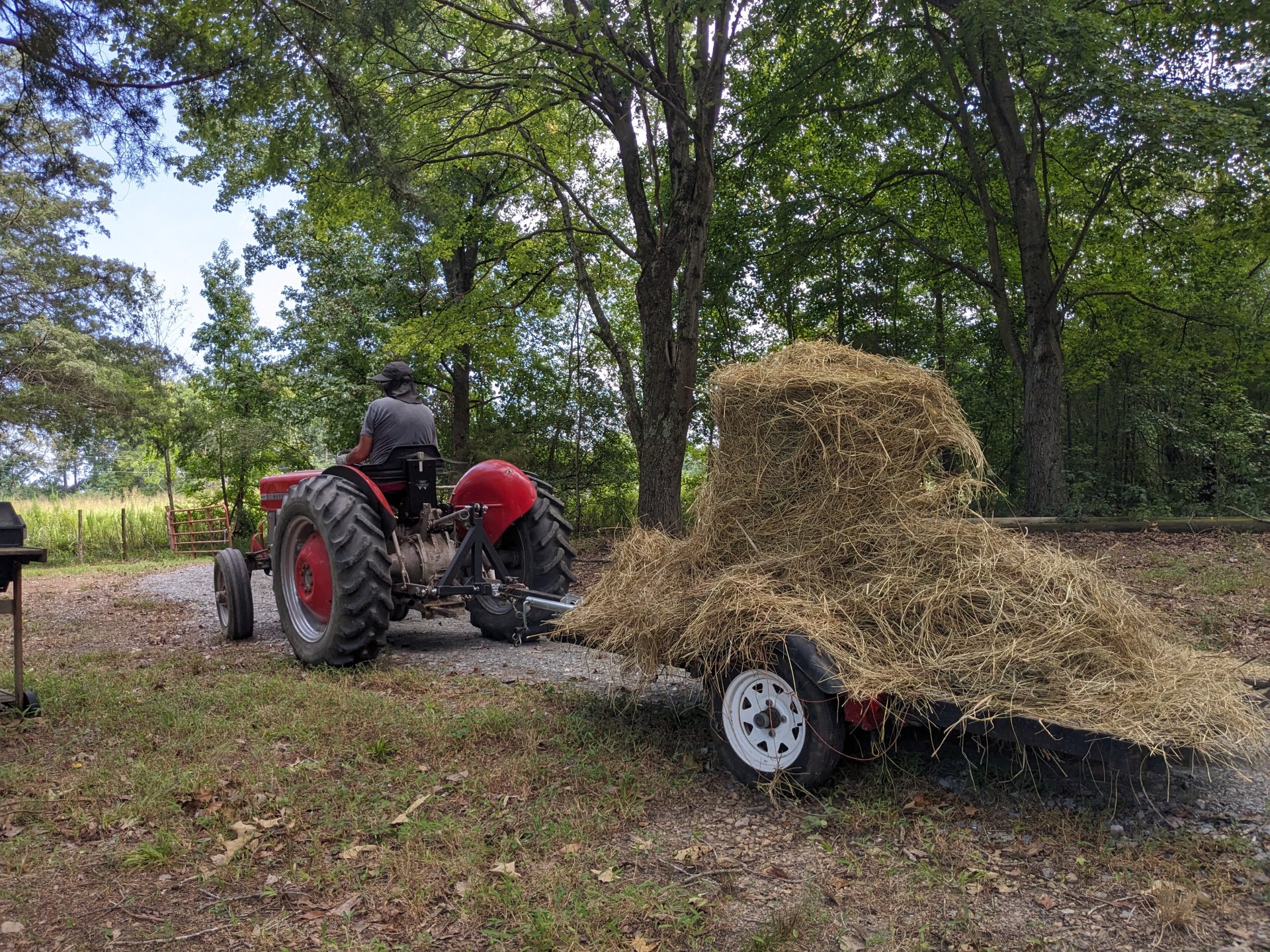
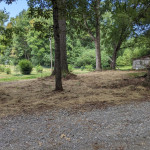
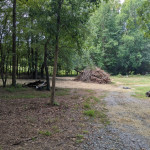
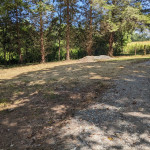
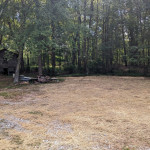
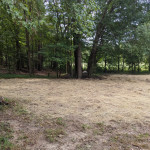
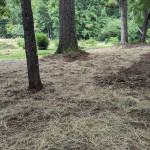
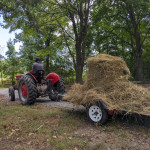
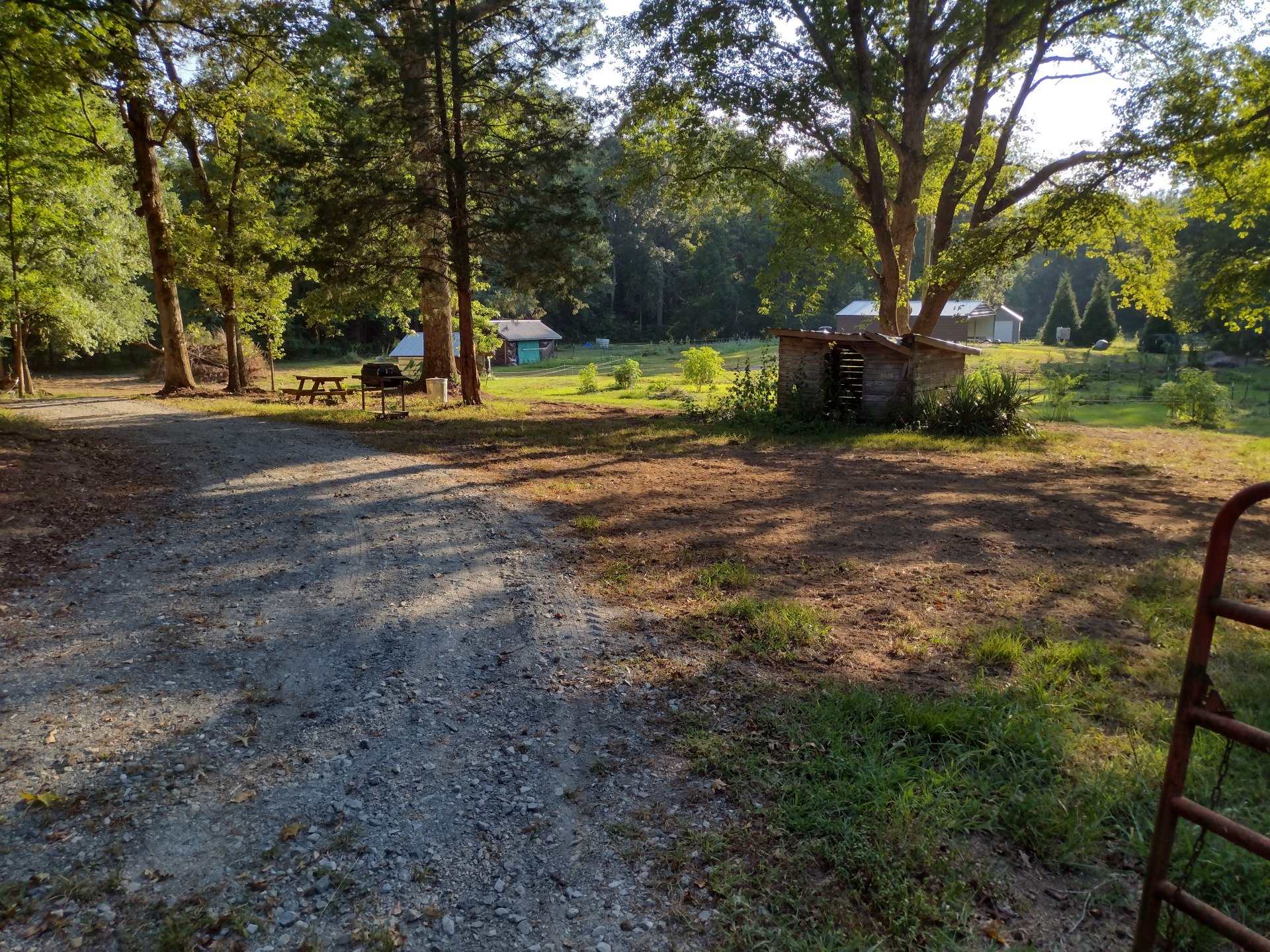
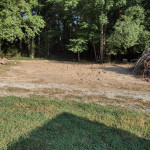
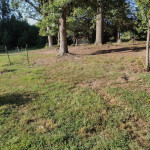
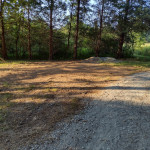
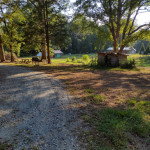
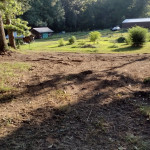
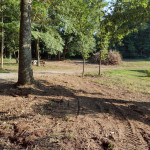
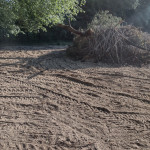
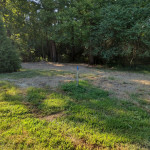
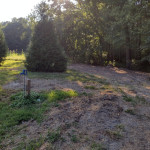
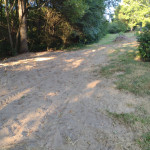
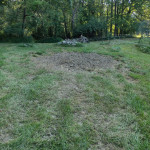
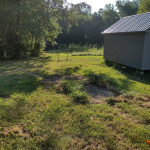
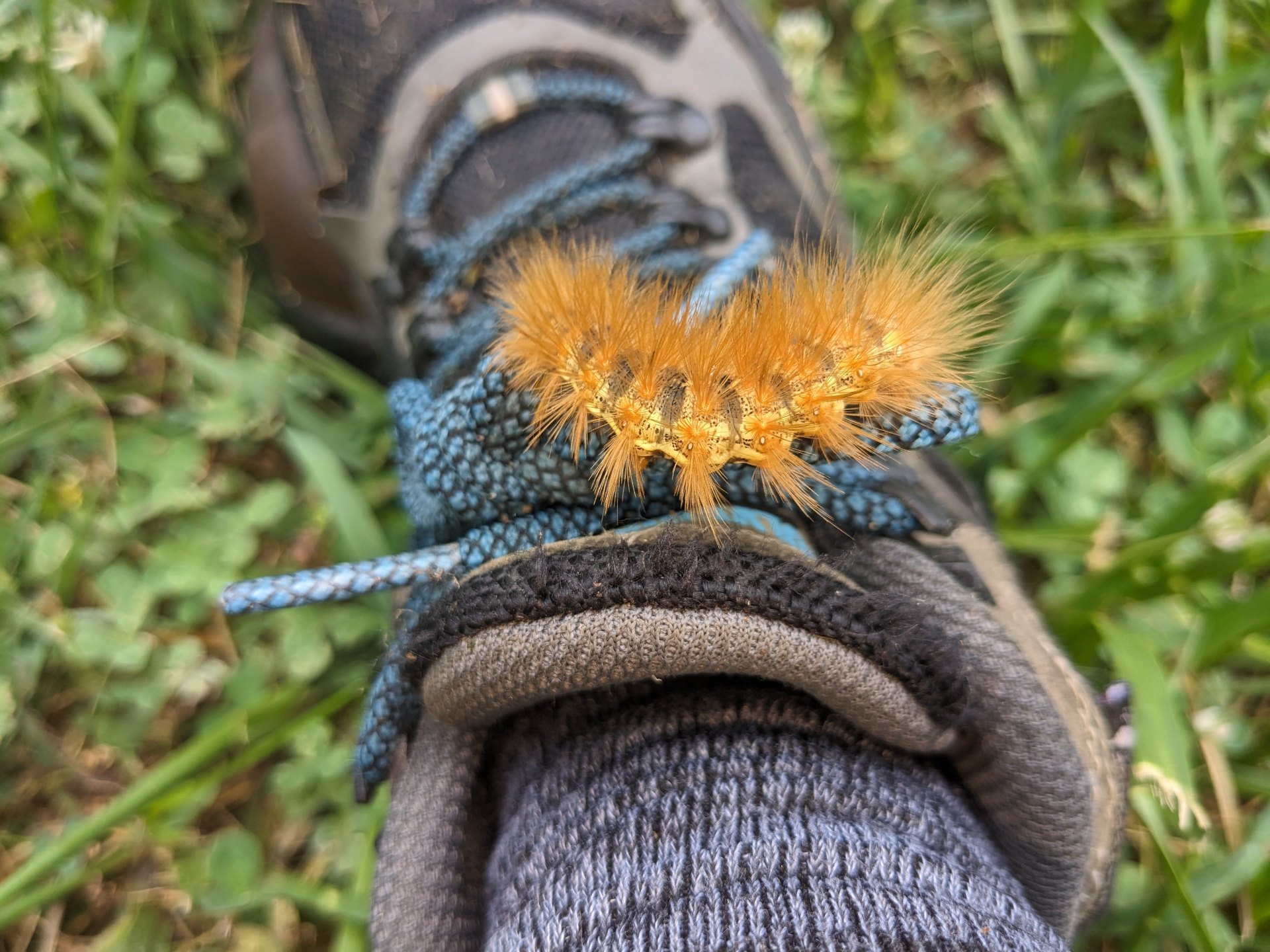
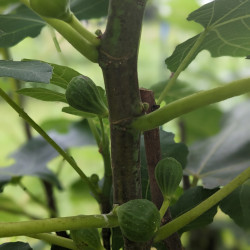
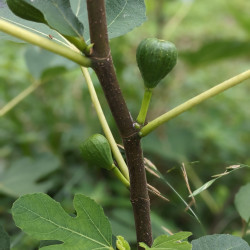
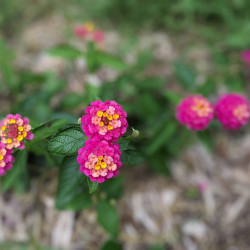
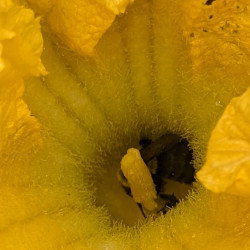
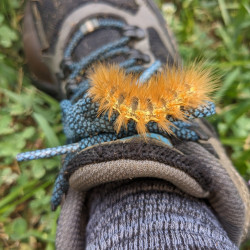
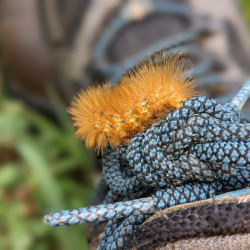
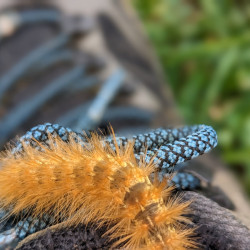
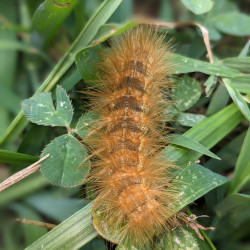
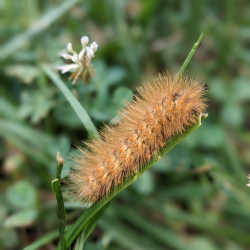
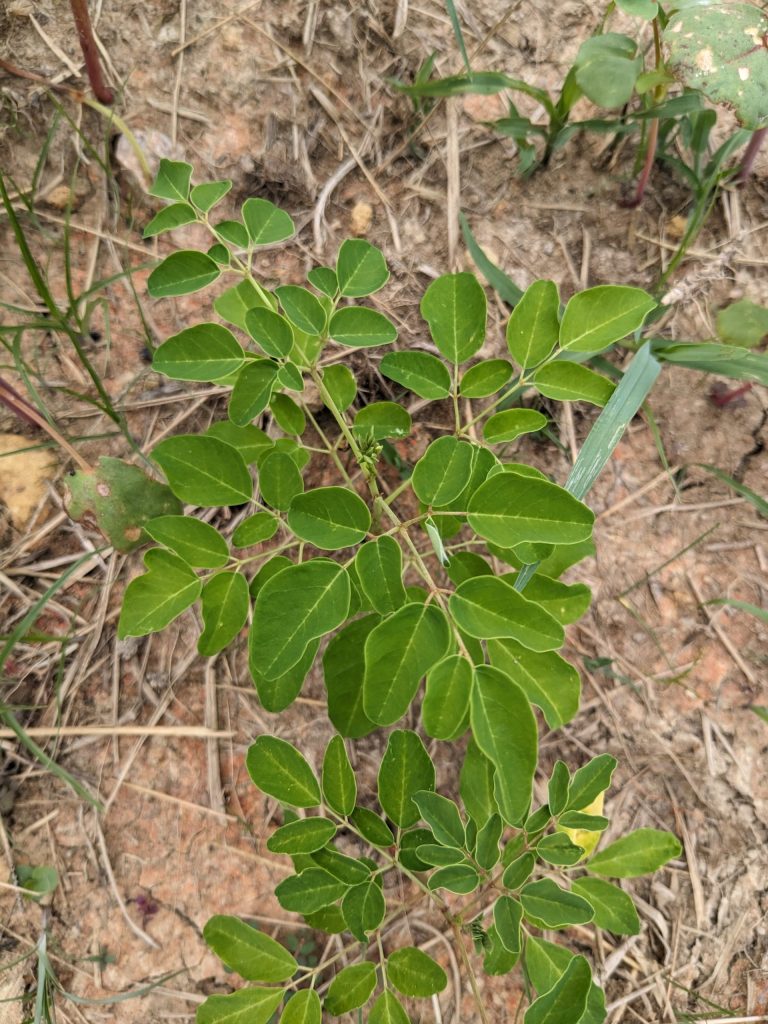
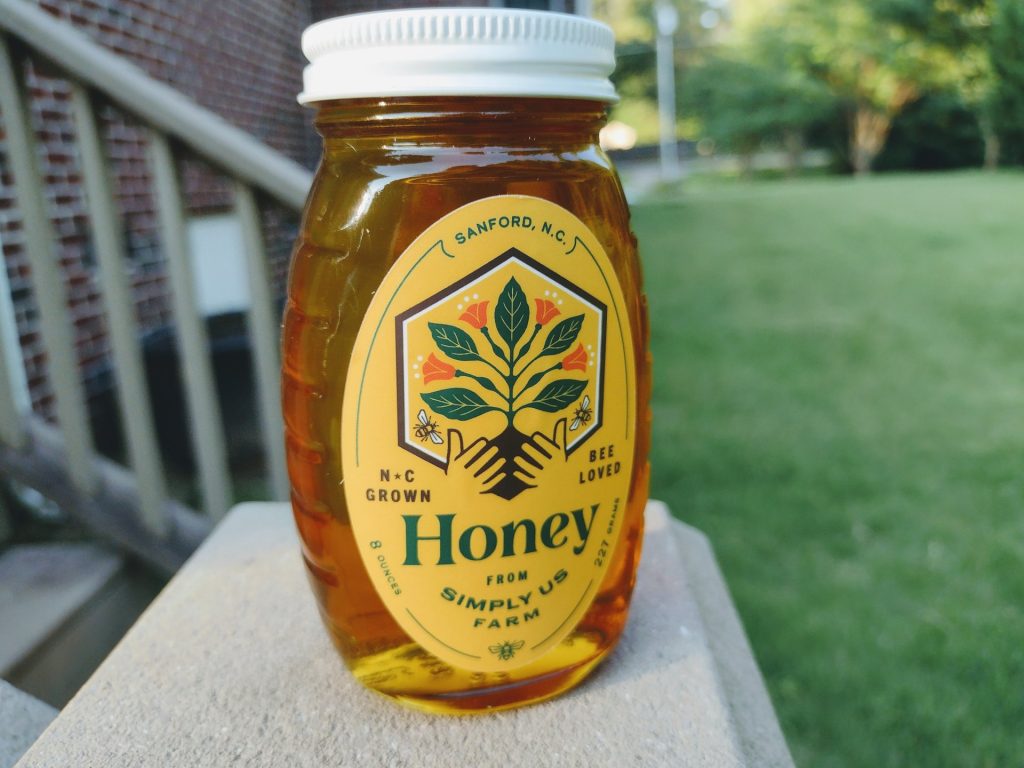
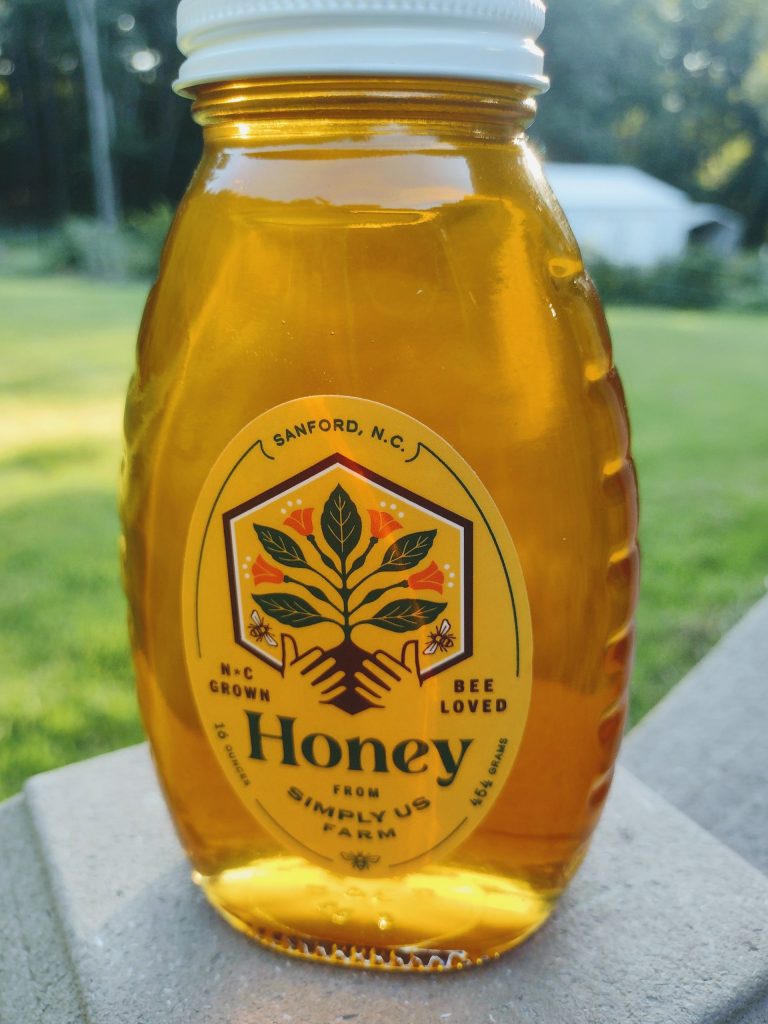
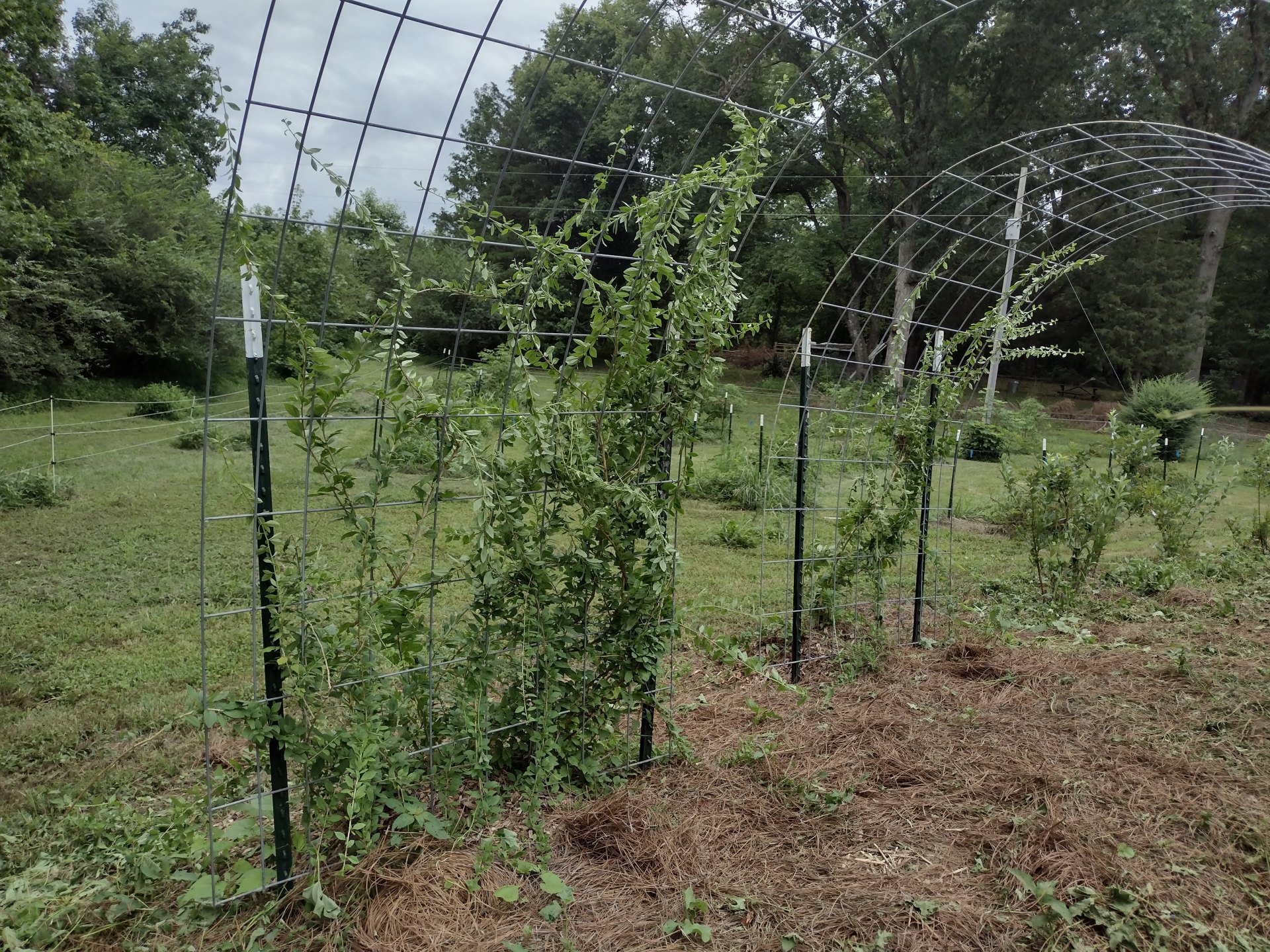
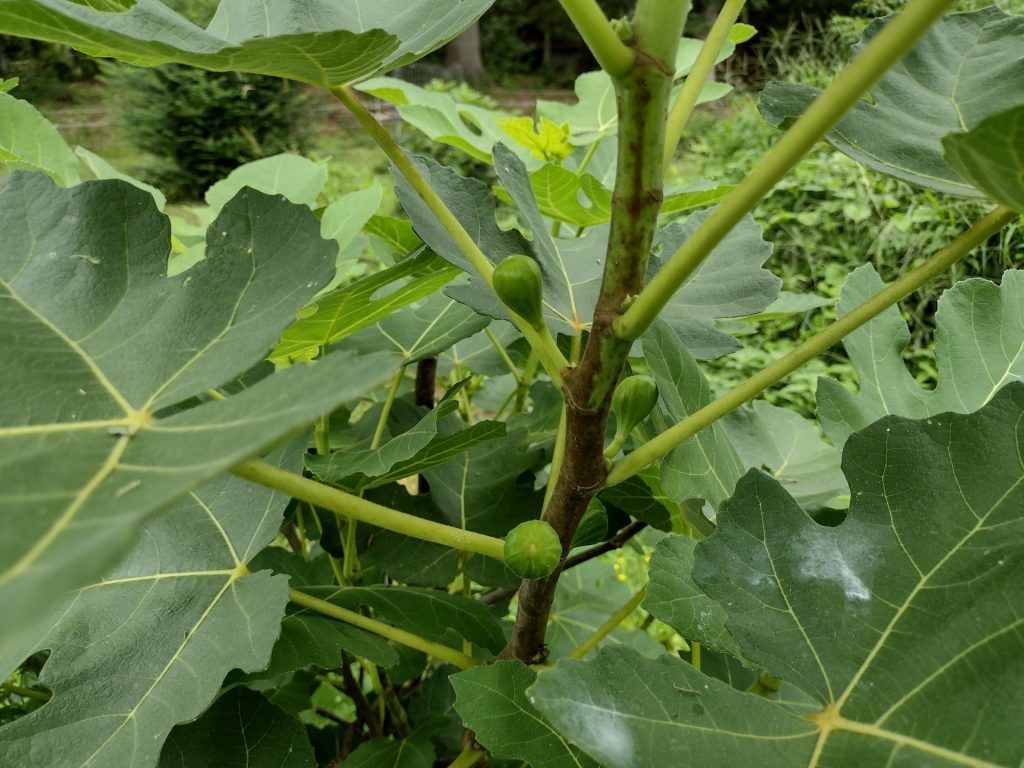
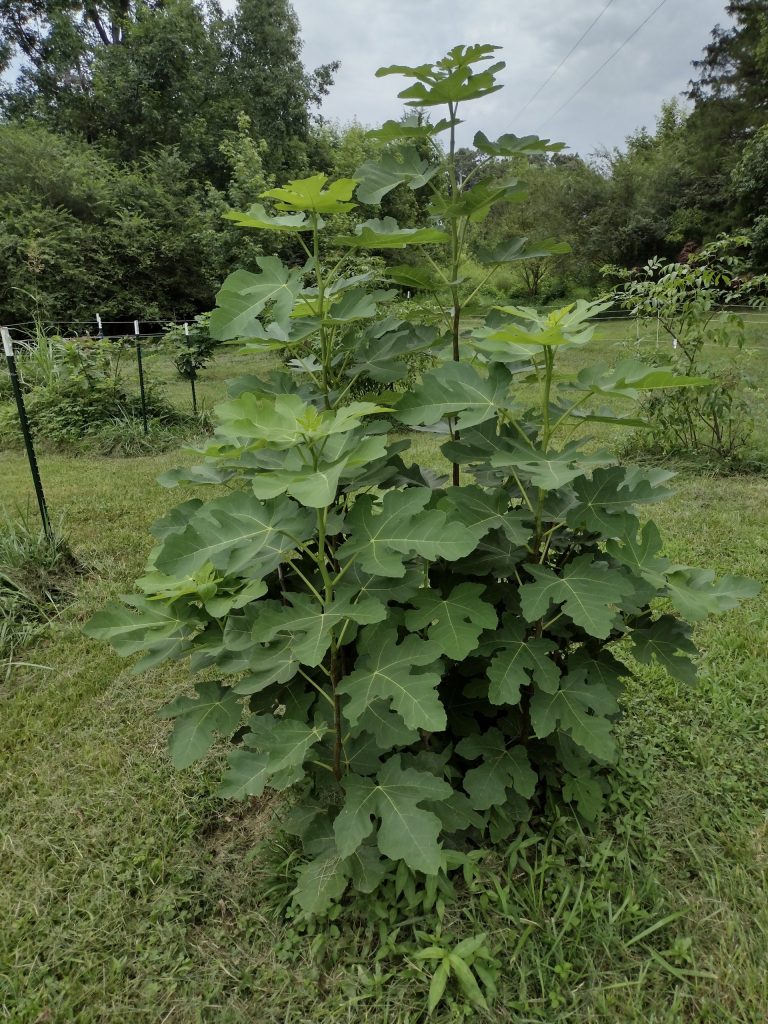
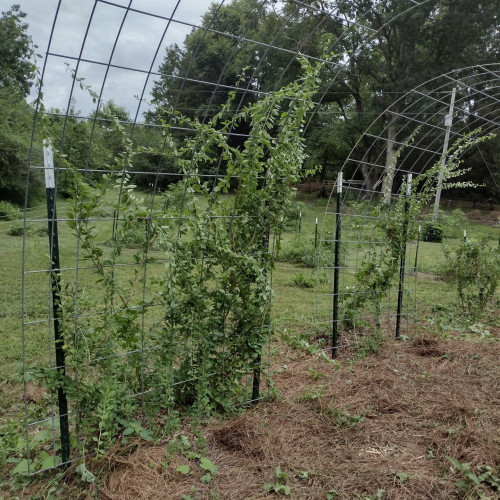
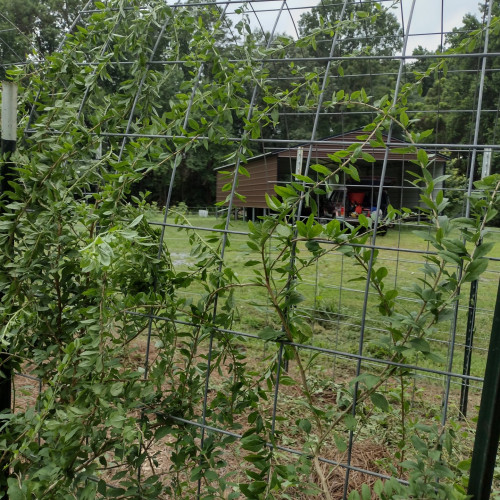
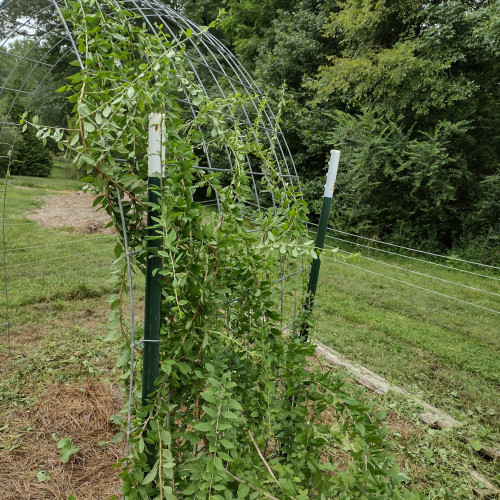
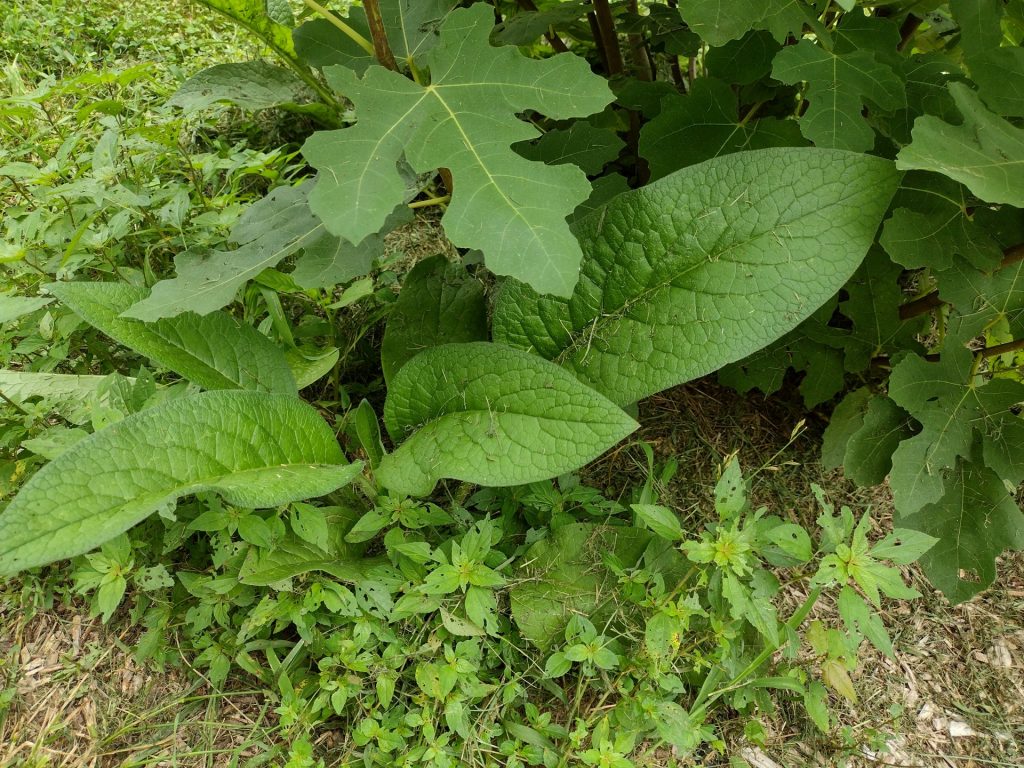
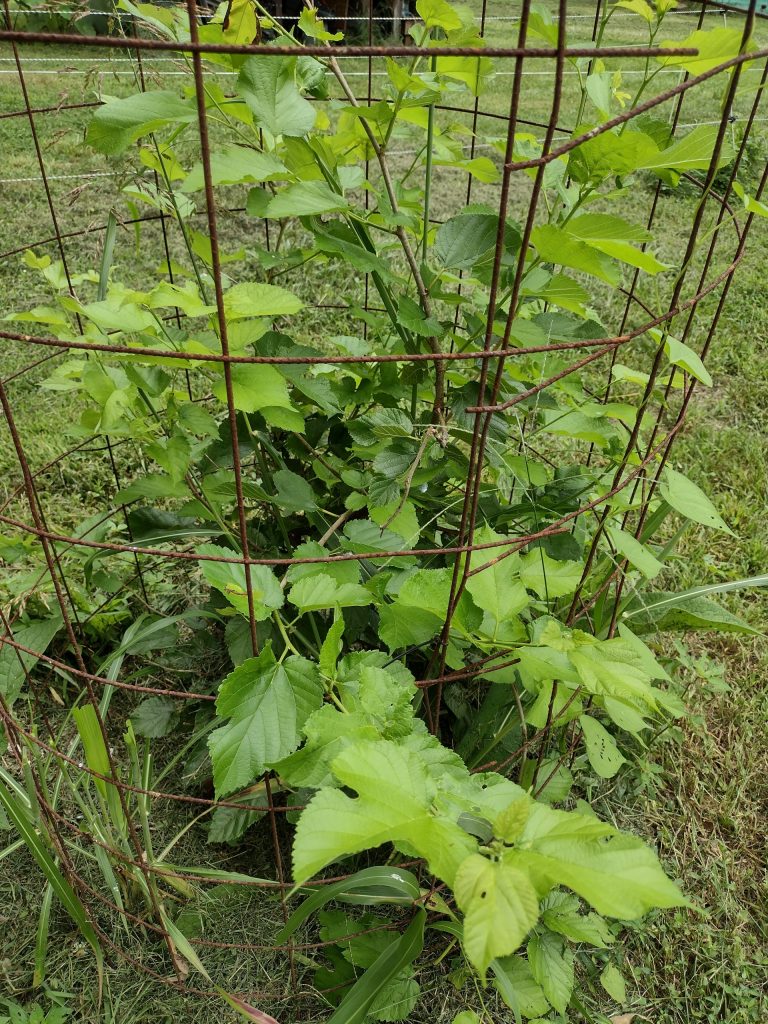
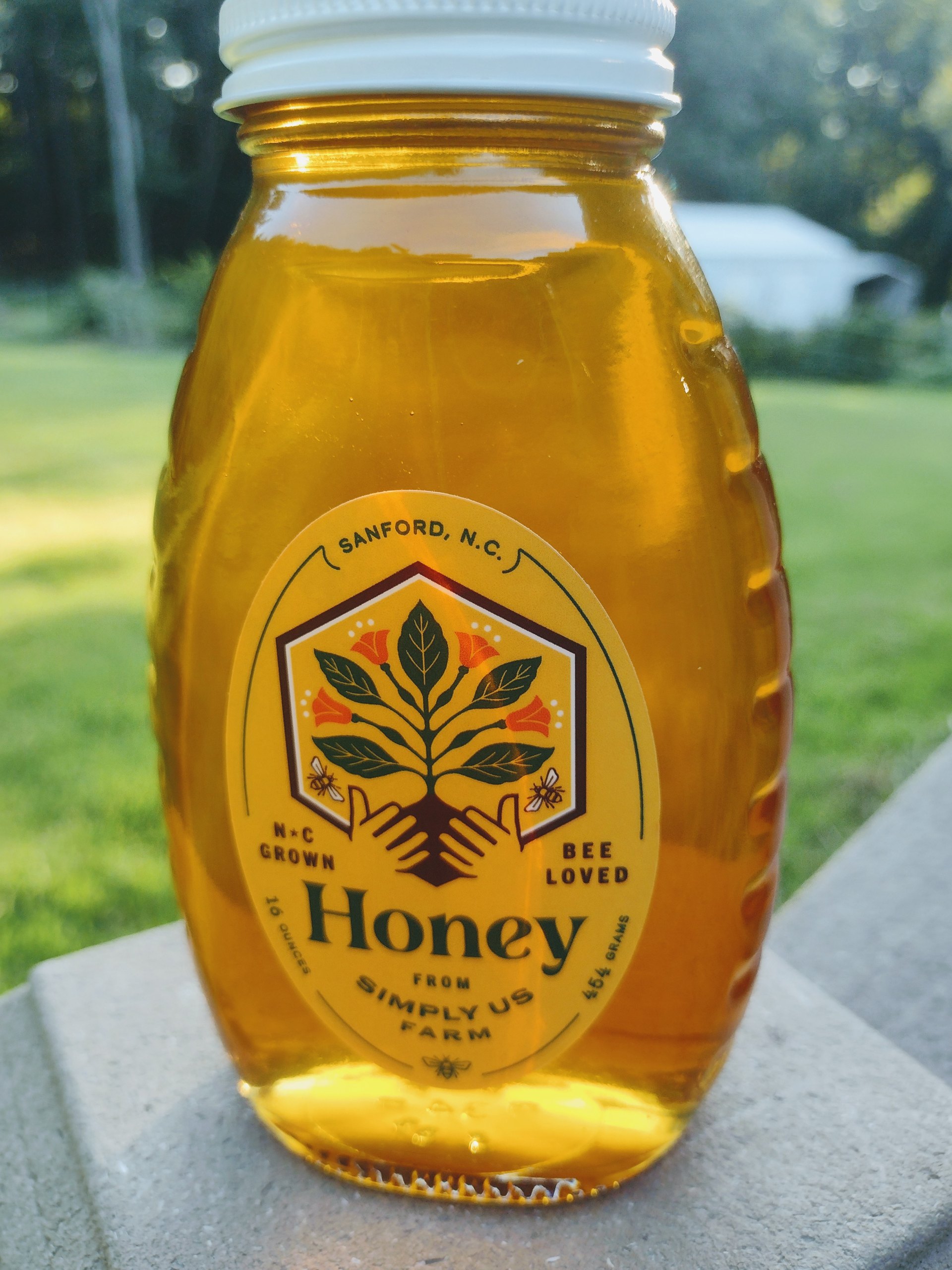
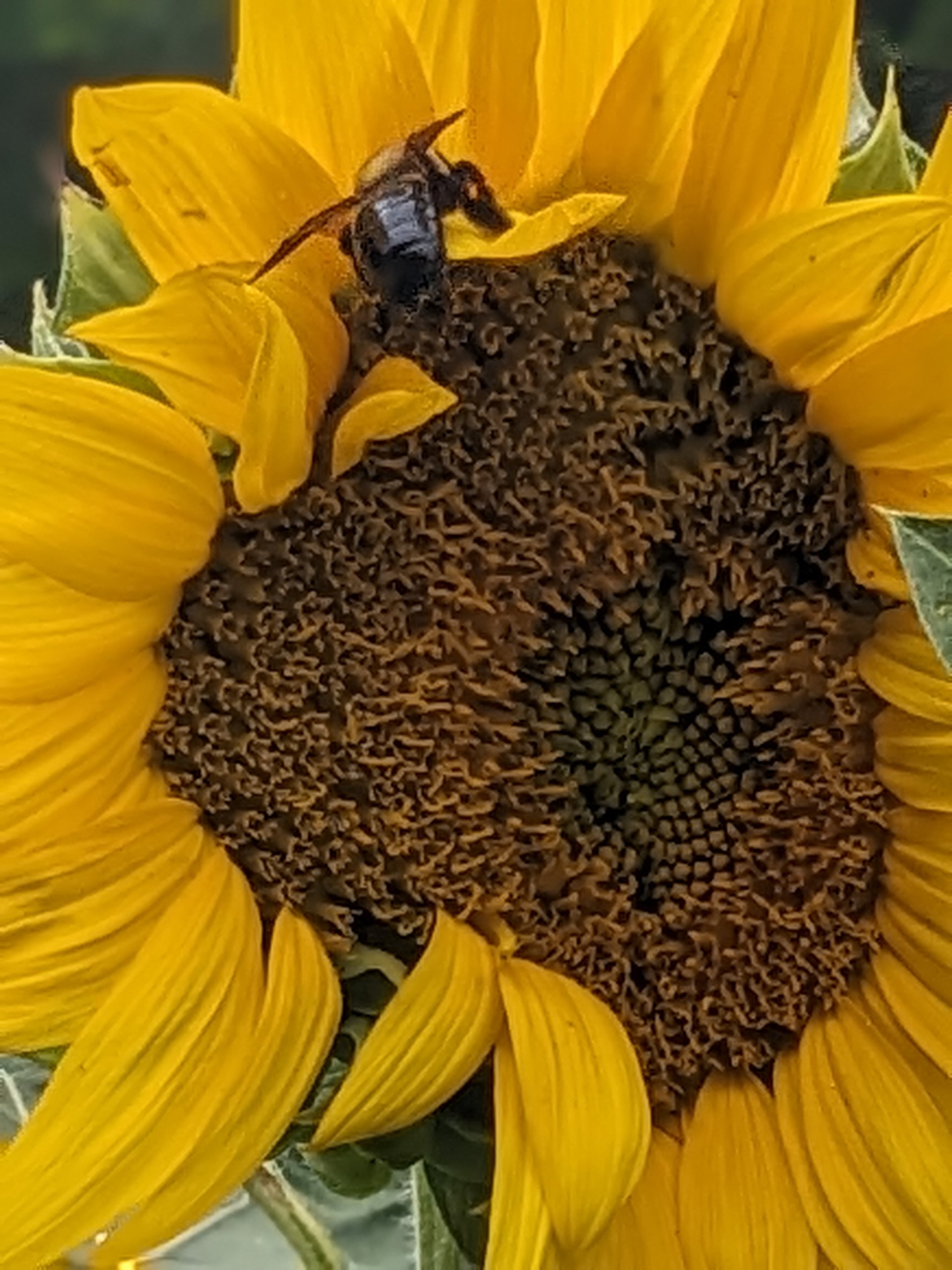










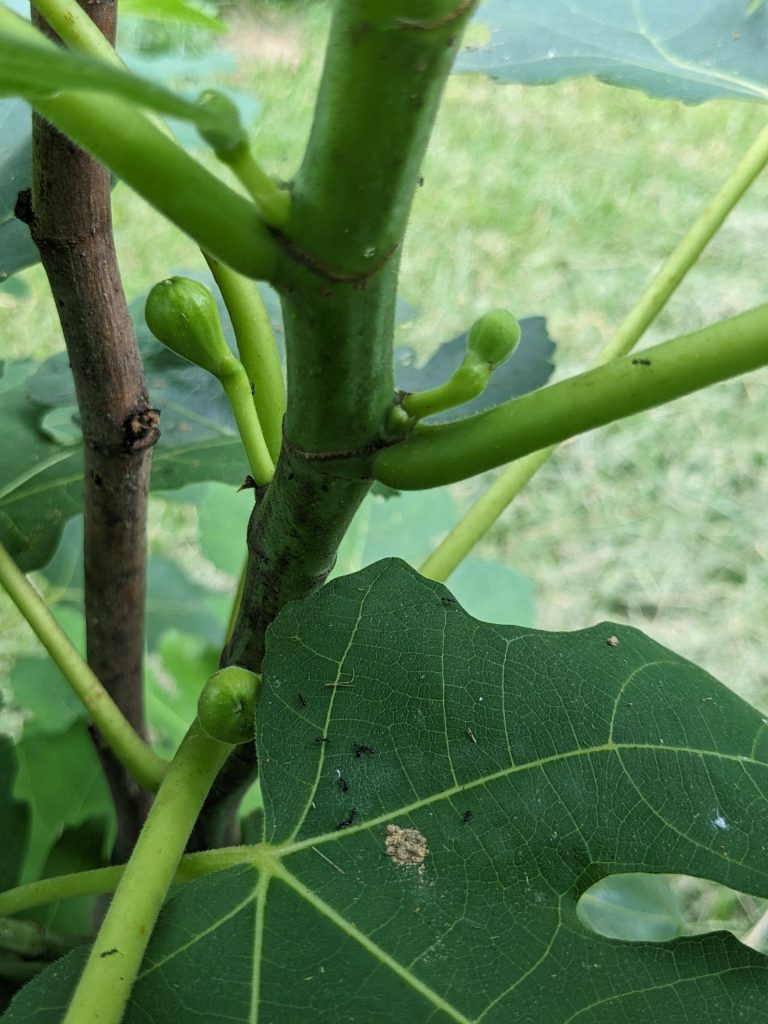
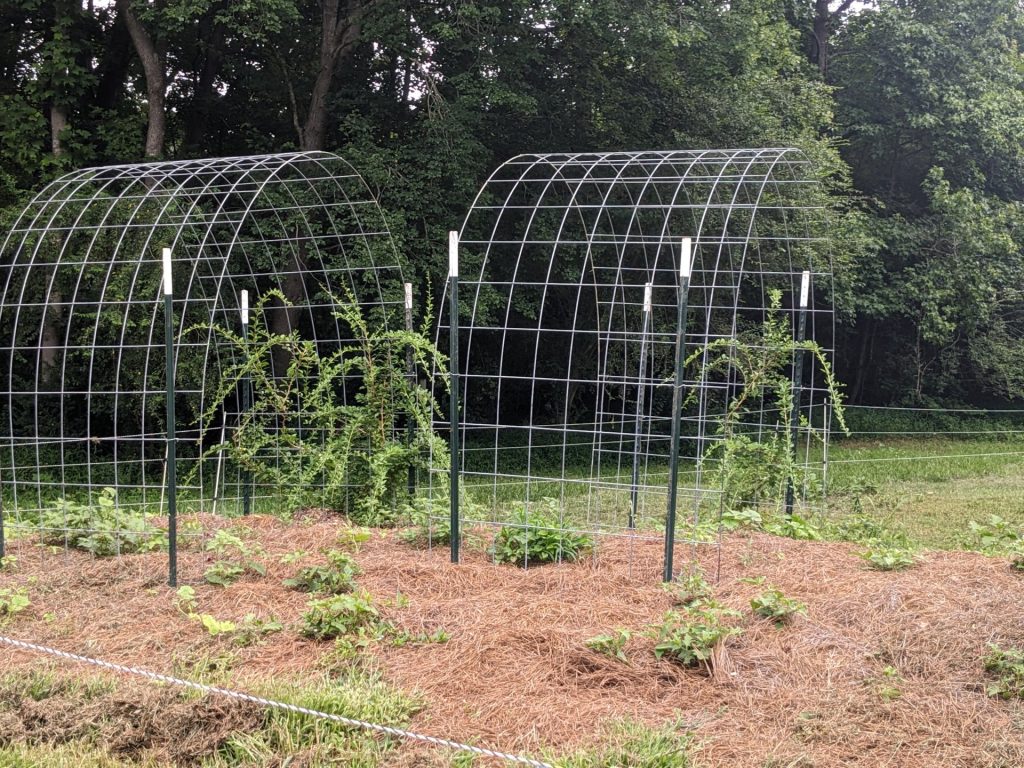
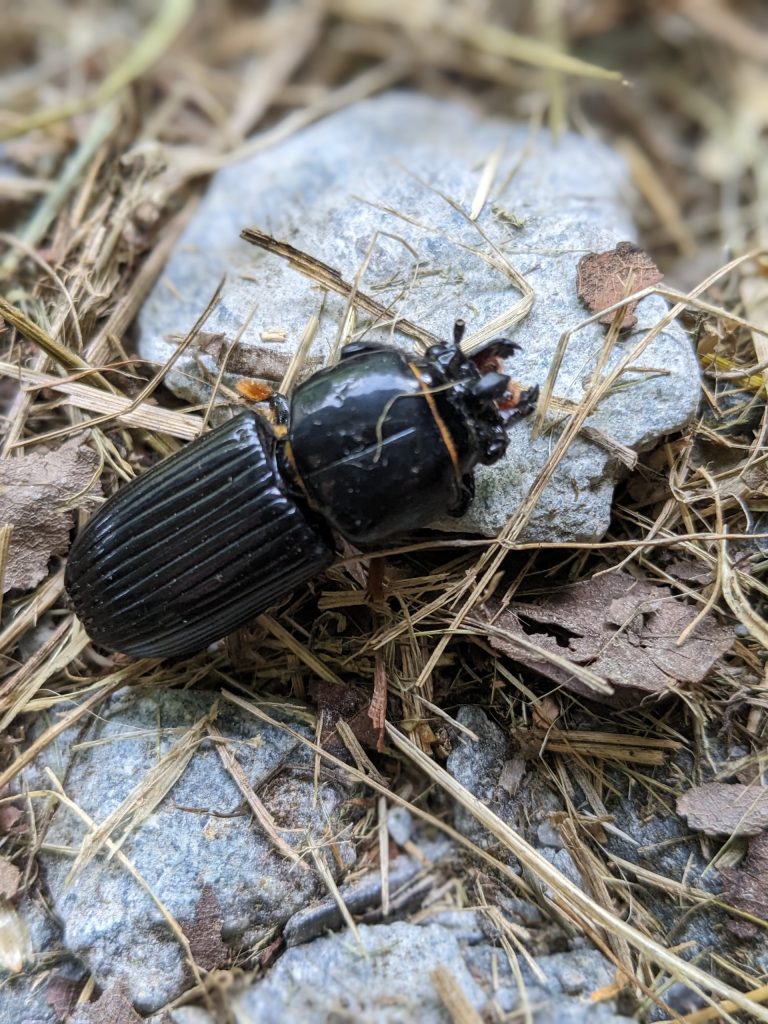
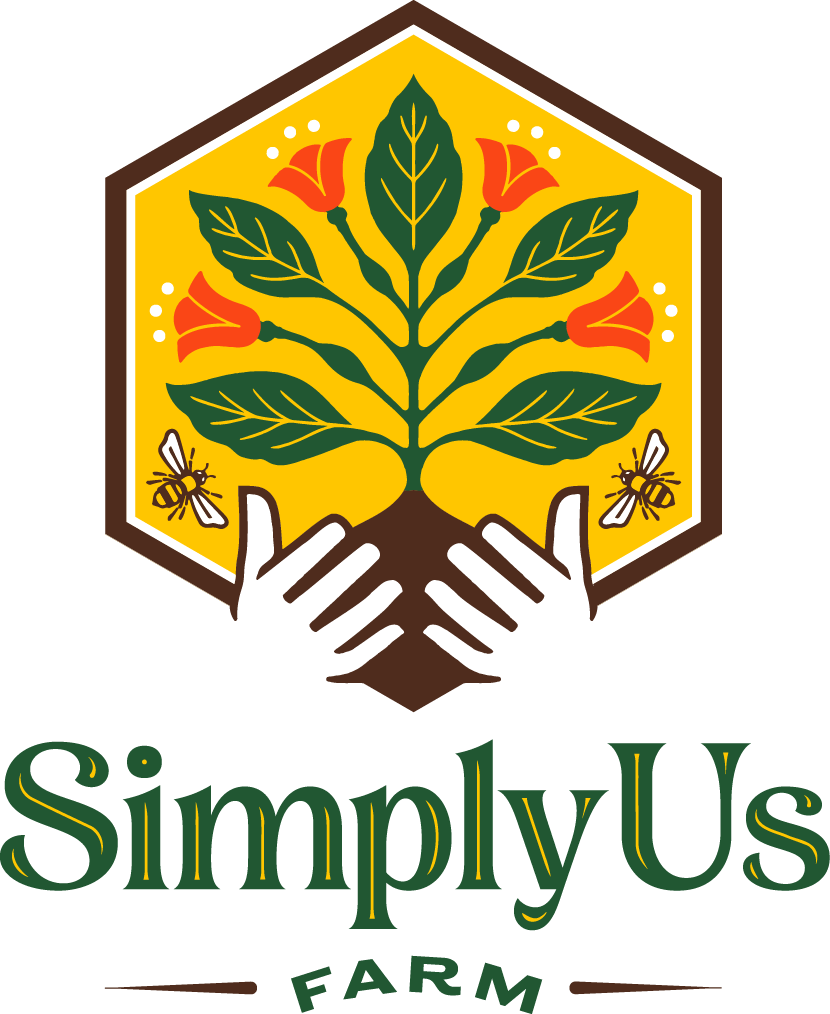
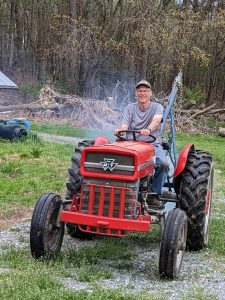 I’m a mechanical engineer turned weekend farmer, so I’m just smart enough to know that there is a lot that I don’t know especially when it comes to farming, permaculture and food forests. I’ve been heavily influenced in my love of farming and permaculture by my Mom and Dad and also by people like
I’m a mechanical engineer turned weekend farmer, so I’m just smart enough to know that there is a lot that I don’t know especially when it comes to farming, permaculture and food forests. I’ve been heavily influenced in my love of farming and permaculture by my Mom and Dad and also by people like 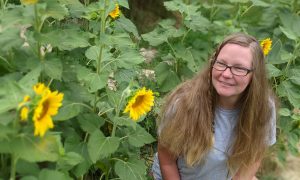 Connie has her certificate in Sustainable Agriculture from CCCC. She really enjoyed the classes at the community college and learned a lot. The program was a mixture of classes and work on the school farm. What she learned has really added to our technical proficiency on the farm.
Connie has her certificate in Sustainable Agriculture from CCCC. She really enjoyed the classes at the community college and learned a lot. The program was a mixture of classes and work on the school farm. What she learned has really added to our technical proficiency on the farm.